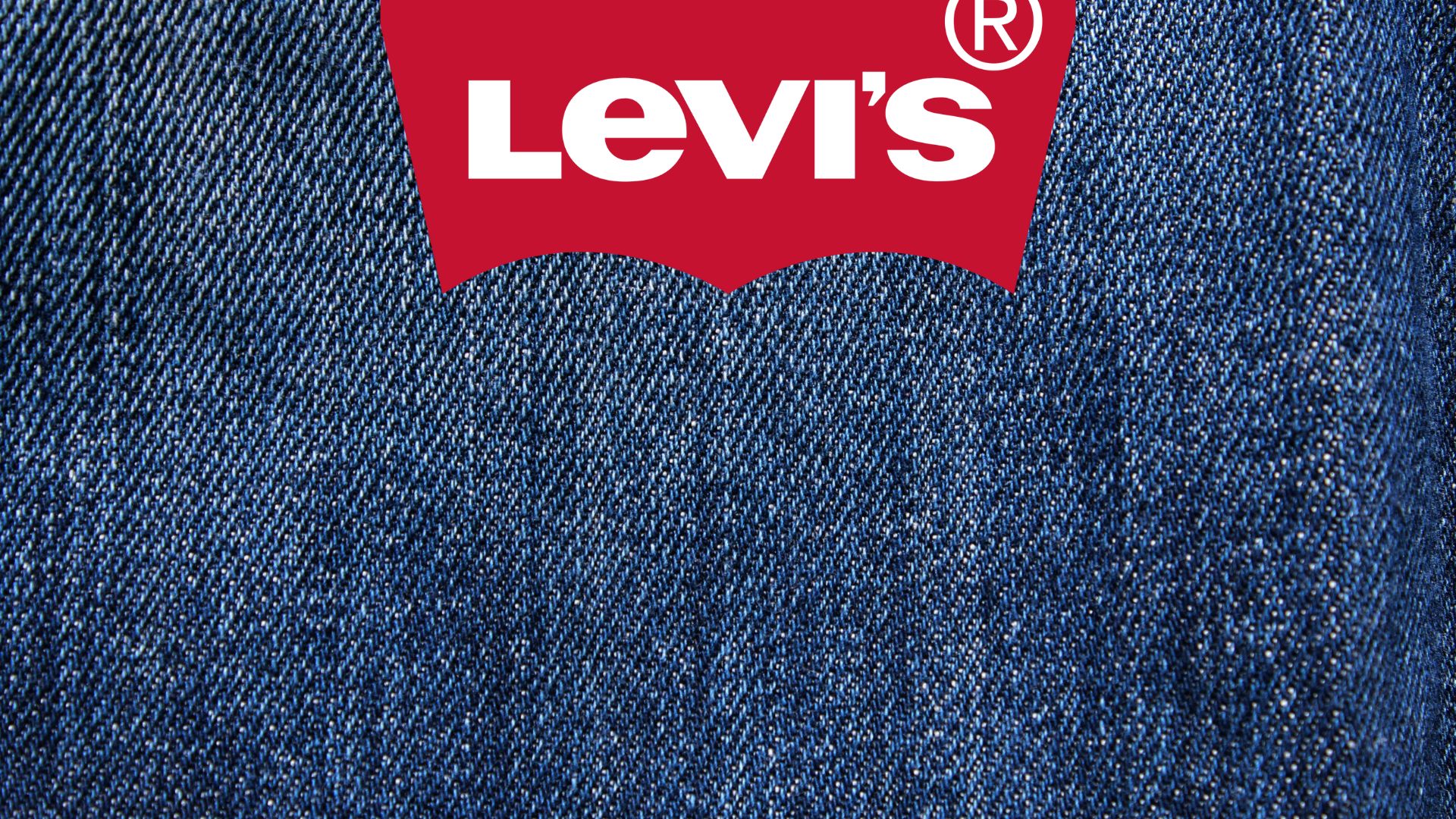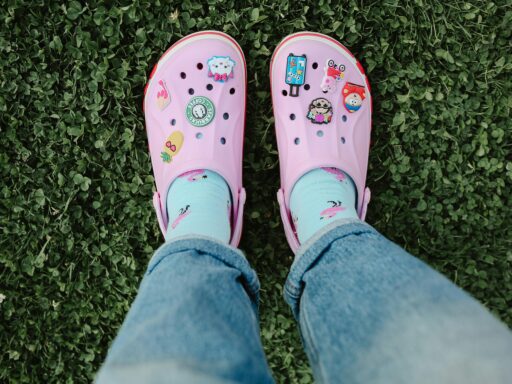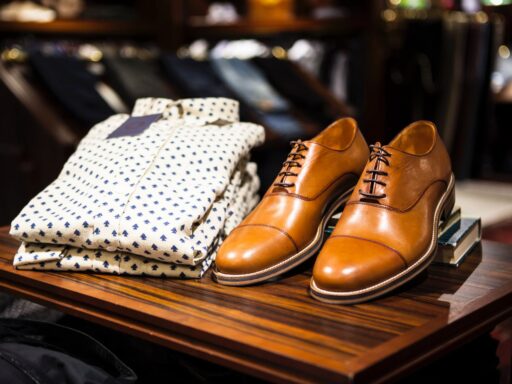Imagine a world without jeans. Hard to picture, isn’t it? This sturdy, denim fabric has clothed the legs of millions, from the gold miners of the 19th century to the fashionistas of today. Jeans have transcended their original purpose, evolving from workwear to a staple of modern fashion. They’re more than just clothing; they’re a cultural icon, embodying the spirit of rebellion, freedom, and individuality. Everyone has a favorite pair, the go-to comfort outfit that feels like a second skin.
The journey of jeans began in the mid-19th century when Levi Strauss, a Bavarian immigrant, and Jacob Davis, a tailor, patented the process of adding metal rivets to denim pants for increased durability. Initially intended for miners during the California Gold Rush, these pants were a hit due to their ruggedness and longevity. But the story of jeans doesn’t end with durability. It’s a tale of transformation and adaptability, how a simple garment designed for utility became an emblem of style, culture, and personal expression.
Enter Levi’s, a brand synonymous with jeans. Levi Strauss & Co. was founded in 1853, and its impact on the denim industry is unparalleled. Levi’s didn’t just invent jeans; they perfected them. With the introduction of their patented rivet-reinforced denim pants in 1873, they set a standard for quality and durability that remains the benchmark to this day. The brand’s commitment to innovation and quality has kept them at the forefront of the denim industry for over a century.
But Levi’s contribution to the world of denim goes beyond just manufacturing. They’ve become a cultural symbol, representing everything from the rugged American West to the rebellious spirit of the 1960s. Levi’s jeans have been worn by everyone from cowboys to rock stars, embodying a sense of freedom and rebellion. They’ve appeared in movies, on stages, and in fashion magazines, becoming an integral part of the fabric of society.
Jeans have evolved over the years, with various styles and cuts reflecting the changing times. From the straight-leg classics to skinny jeans, bootcut to boyfriend jeans, there’s a style for every body type and fashion sense. The versatility of jeans makes them a universal garment, equally at home on the ranch or the runway. This adaptability is a testament to the enduring appeal of jeans, a garment that has reinvented itself time and again to remain relevant in an ever-changing world.
The production and sustainability practices in the denim industry have also seen significant changes. As awareness about environmental issues grows, brands like Levi’s are leading the way in sustainable denim production. From water-saving techniques to recycling old jeans into new ones, the industry is becoming more conscious of its environmental impact. This shift towards sustainability is reshaping how we think about our favorite pair of jeans, turning them into a statement not just of style, but of environmental responsibility.
Jeans are more than just a piece of clothing; they’re a canvas for personal expression. Whether adorned with patches, ripped for a grunge look, or tailored for a perfect fit, each pair tells a story. They’re a diary of sorts, bearing the marks of our lives, from faded knees from playing in the park to frayed hems from too many nights dancing. Jeans capture our memories, growing and changing with us.
In conclusion, jeans are not just a wardrobe staple; they’re a cultural phenomenon that embodies the spirit of resilience, freedom, and individuality. From their humble beginnings as durable workwear to becoming an iconic symbol of style and personal expression, jeans have secured their place in the fabric of our lives. As we move forward, embracing sustainability and innovation, jeans remain a timeless garment, adapting to the needs and values of each new generation. Levi‘s, with its rich history and commitment to quality, continues to lead the charge, proving that some things really do get better with age.







